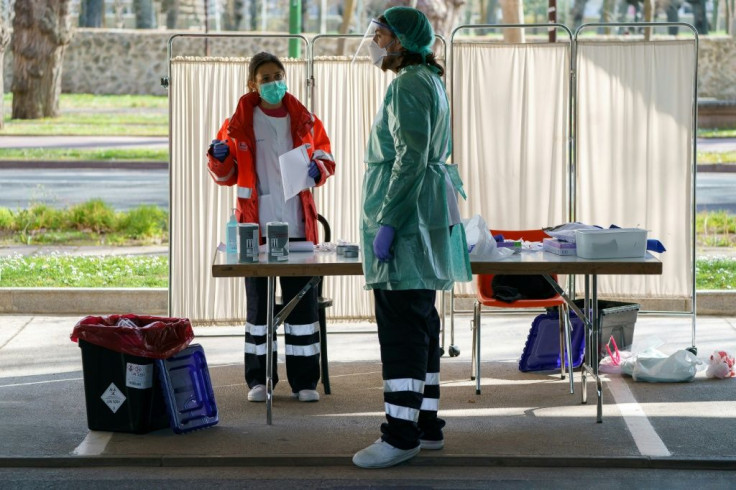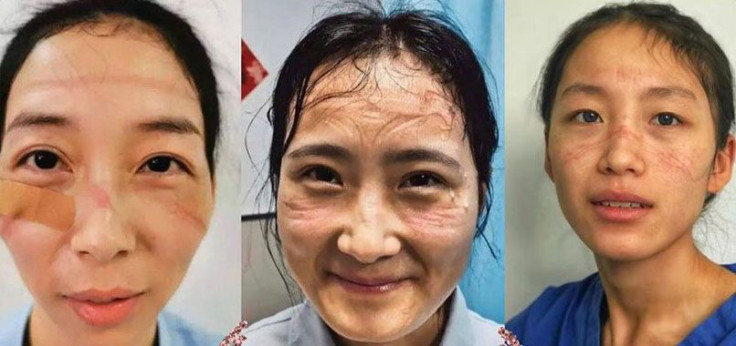72% Of Health Care Workers Report Psychological Distress Due To COVID-19

KEY POINTS
- Expect 50% of health care workers to experience symptoms of depression
- Expect 45% of health care workers to experience symptoms of anxiety
- The world has endured several pandemics
The numbers are starting to come in from China on how coronavirus affected the frontline defenders during the outbreak of the novel coronavirus, or COVID-19. And the figures that came in are not pretty. More than two-thirds experienced symptoms of mental illness.
With the U.S. now having more confirmed cases of coronavirus than any other country, coupled with a lack of safety and life-saving equipment, Psychiatrist Shobhit Negi wrote in a column in Maryland Reporter that he thinks the situation in America could be worse.
Negi quoted a study published by the Journal of the American Medical Association that examined the mental health outcomes of 1,257 health care workers attending to COVID-19 patients in 34 hospitals in China. It found 50% experiencing symptoms of depression, 45% symptoms of anxiety, 34% having insomnia and 71.5% experiencing psychological distress.
Negi suggests health care workers, and the general public, to remember previous pandemics the world survived in the past as a reminder that we will get through this one too.
"We need to be cognizant of the fact that the world has endured several notable pandemics, including the Black Death, Spanish flu, and human immunodeficiency virus/acquired immune deficiency syndrome (HIV/AIDS)," he noted in the same column.
"Apparently 80% of 2009 H1N1 pandemic-related deaths were in people younger than 65 years of age, the 2009 H1N1 pandemic caused 0.001 to 0.007% of global mortality, the 1968 H3N2 pandemic caused 0.03% of global mortality, and the 1918 H1N1 pandemic caused 1-3% of global mortality. Not too long ago, being HIV positive was analogous to having a terminal disease. Although still formidable, an AIDS diagnosis today doesn’t hold the power it once did."
Everyone needs to be more vigilant about their mental health, he added. The uncertain threat posed by this pestilent pathogen has evoked a generalized feeling of angst among all of us. This is most likely stoking peoples’ anxiety and attributing to hoarding essential items and xenophobia.
The psychiatrist claims research has found that up to 70% of people experience positive psychological growth from difficult times, such as a deeper sense of self and purpose, a greater appreciation for life and loved ones, and an increased capacity for altruism, empathy and desire to act for the greater good.
A few days ago, a Minnesota state trooper pulled over a doctor for speeding and let her go with a warning, Negi added. The trooper handed the lead-footed cardiologist five N95 masks instead of a ticket from the supply the state had given him for his protection.

© Copyright IBTimes 2025. All rights reserved.





















